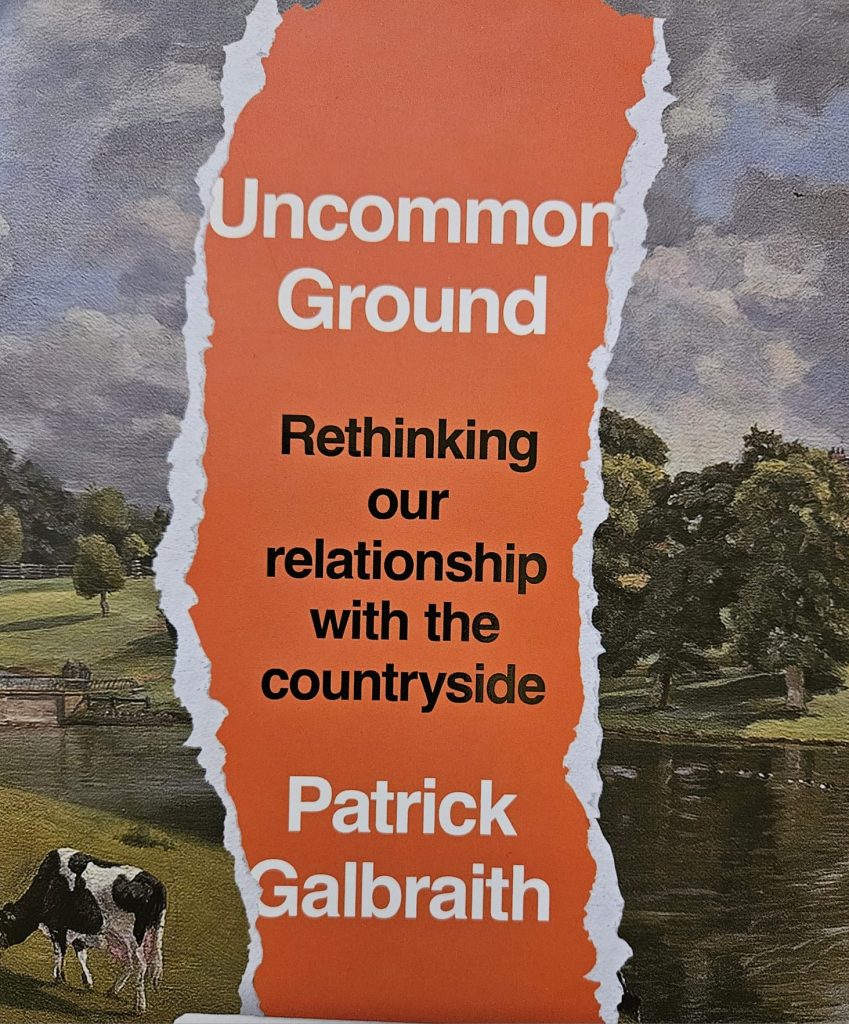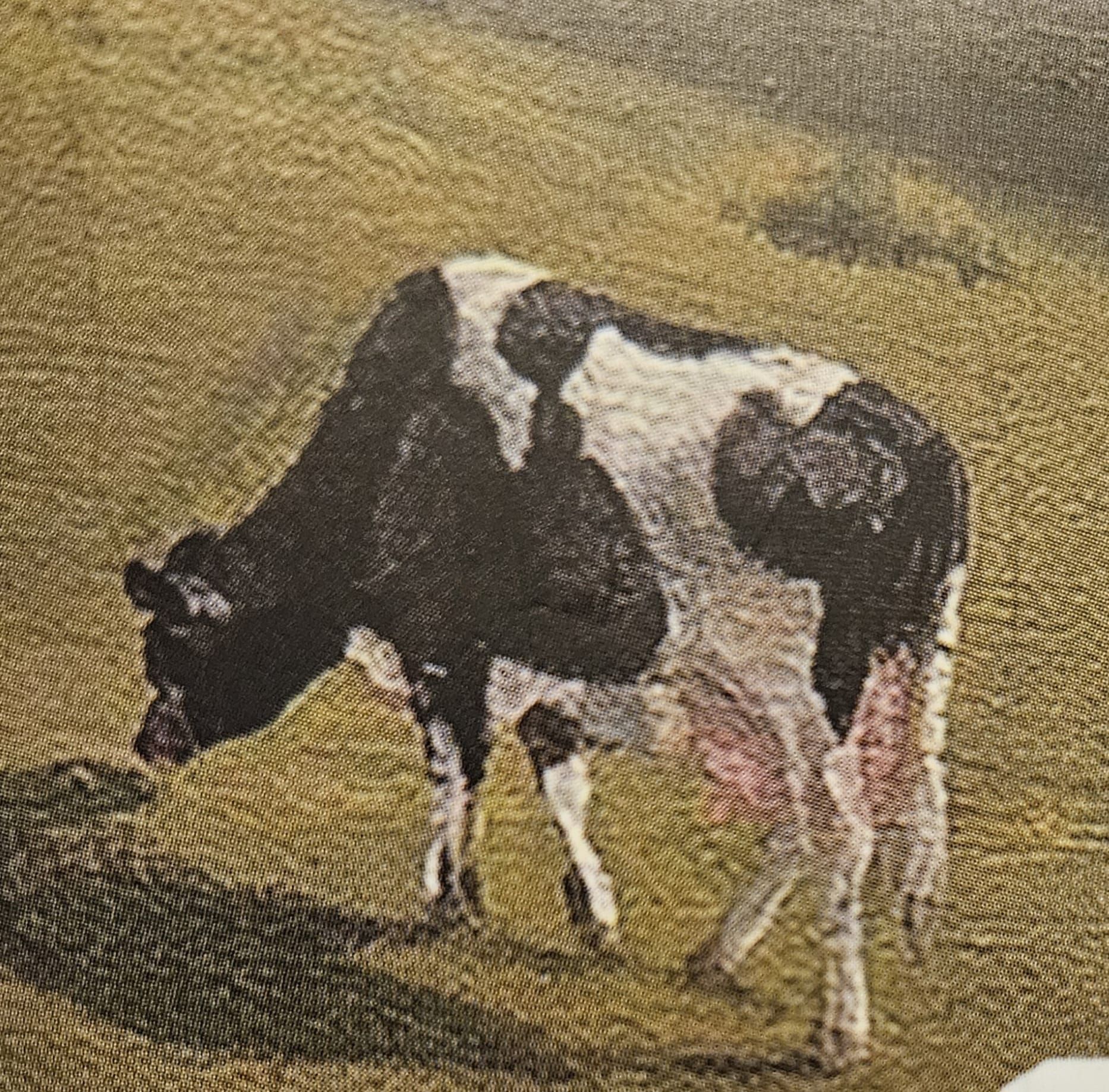Unusually grounded
A short review of Uncommon Ground, Rethinking our relationship with the countryside, by Patrick Galbraith
Travelling the length and breadth of the country, Patrick Galbraith goes where nature writers don’t. Then again, he hates to be called one. Rather, he is writer about the countryside. Led by a journalistic instinct as keen as the nose of his working cocker spaniel Jess, who frequently accompanies him, he is determined to speak to people on all sides of the current debate about access to the countryside. He gets in with the Right to Roamers and goes on their protests, but is also one of the few to gain access to an interview with the obstructive Dartmoor landlord Alexander Darwall (not that he is given very much for his pains). He speaks to owners of vast estates and people who have bought a bit of land to rescue, but also spends time with gamekeepers and the working-class wildfowlers who clearly live for their time in the marshes. He goes out with illegal ravers, following the trail from supermarket carpark to remote mountainside. He hangs out with nudists, he tracks down poachers, he learns from the Romany community and he clearly relishes it all. He listens, and reports what all these people say in their own words. He tries to show that land access in England is greater than the billed eight per cent, and that those wanting more access rights are sometimes naive or ignorant (‘what’s a curlew?’ asks one London campaigner). He investigates the real impact of the much-vaunted Scottish ‘right to roam’ – in fact a right to reasonable access – which can lead to the trashing of accessible lochsides.
He shows how this debate is complex and nuanced: how a campaigner’s triumphant release of a crow from a legal larsen trap on an estate with a high success rate in the conservation of endangered birds may well have resulted in a loss for the curlews: corvids are keen on their eggs. He contends the claim that if we all had greater access to the countryside we would understand and treasure it more. This, he says, is patently disproved by the fact that there is widespread access to the coastline yet shorebirds and seals all suffer from too-close contact with humans who value their dogs’ right to roam, or their own predilection for taking selfies by sleeping seal pups, above the wildlife’s right to breed in peace. The new UK coastal path is, he says, ‘brilliant for dog walkers and the public to rub up against even more endangered wildlife.’ This cynical tone regularly appears, but in the end he settles on deciding that what is really needed is more engagement with the countryside, rather than access per se.


